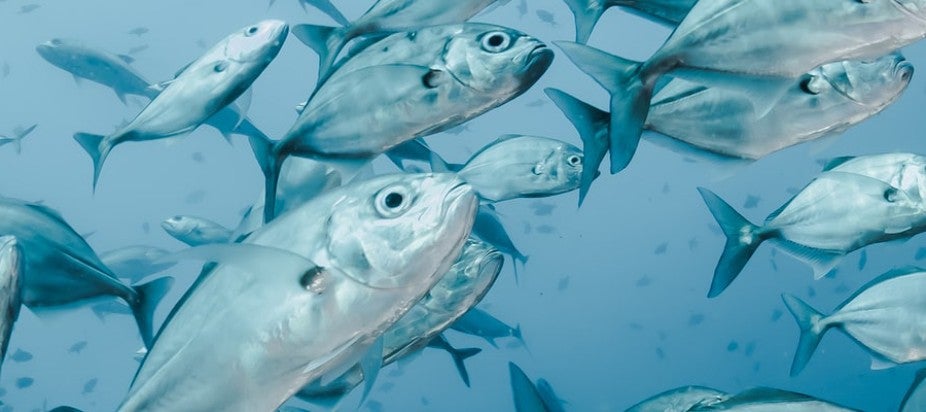Understanding Climate Impacts on Fish Stocks of the Northeast Shelf Large Marine Ecosystem: Key Research Needs and Future Directions

6:00 pm MDT
Purpose
Provide a forum for the climate, oceanography and fisheries science community to share knowledge and identify priority science needs and opportunities to advance understanding of the impacts of climate variability and change on fish stocks of the U.S. Northeast Shelf Large Marine Ecosystem.
Meeting Summary and Report
SUMMARY OF KEY FINDINGS: The following is a summary of key findings from breakout sessions and plenary discussions. A full meeting report will be posted on the workshop website.
1. Climate variability and change are impacting the NE marine ecosystem in a variety of ways (changes in air/ocean temperature, salinity, currents etc).
2. There are a variety of high priority gaps that need to be filled to better understand, prepare for and respond to climate-driven changes in fisheries management. Some of the key needs/issues identified by meeting participants included:
a. Need decadal and sub-decadal projections of climate, ocean, ecosystem and fishery conditions.
b. Need higher resolution climate – ocean projections (e.g. higher resolution climate models, and statistical and dynamical downscaling).
c. Need process research to better understand the mechanisms of climate impacts on living marine resources and resource-dependent communities.
d. Need improved understanding of when/where/how regime shifts may occur – and how to prevent and respond to these types of ecosystem changes.
e. Need improved understanding of the relationship between climate-related changes in the ecosystem and the abundance and distribution of species.
f. Need improved ability to track, assess and project changes in the abundance and distribution of living marine resources in the context of climate change and variability.
g. Need improved understanding of climate-related impacts on key habitats from coastal watersheds to open ocean, emphasizing those habitats used by managed species (land to sea).
h. Need improved use of information on current and projected climate impacts on living marine resources in operational models that inform/guide management decisions.
i. Need increased use of vulnerability assessments as valuable tools to help identify most vulnerable species/habitats and help guide science and management efforts.
j. Need to address the issue “What is climate-ready fisheries management and how do we get there”? Need to assess and adapt current management approaches to ensure efficiency, effectiveness, and responsiveness in a changing world (e.g., reference points, harvest, investment).
k. Need to conduct simulations and related modeling studies to explore robust management strategies across a range of climate scenarios.
l. Need to track the pulse of ecosystem conditions via core observations of key indicators to track current changes and provide managers with early warnings of future changes.
m. Need to develop and support robust partnerships and collaborations among industry, academia, government, and private institutions with a common goal of understanding and adapting to changes in fisheries resulting from multiple stresses on marine ecosystems.
Registration
Registration is closed.